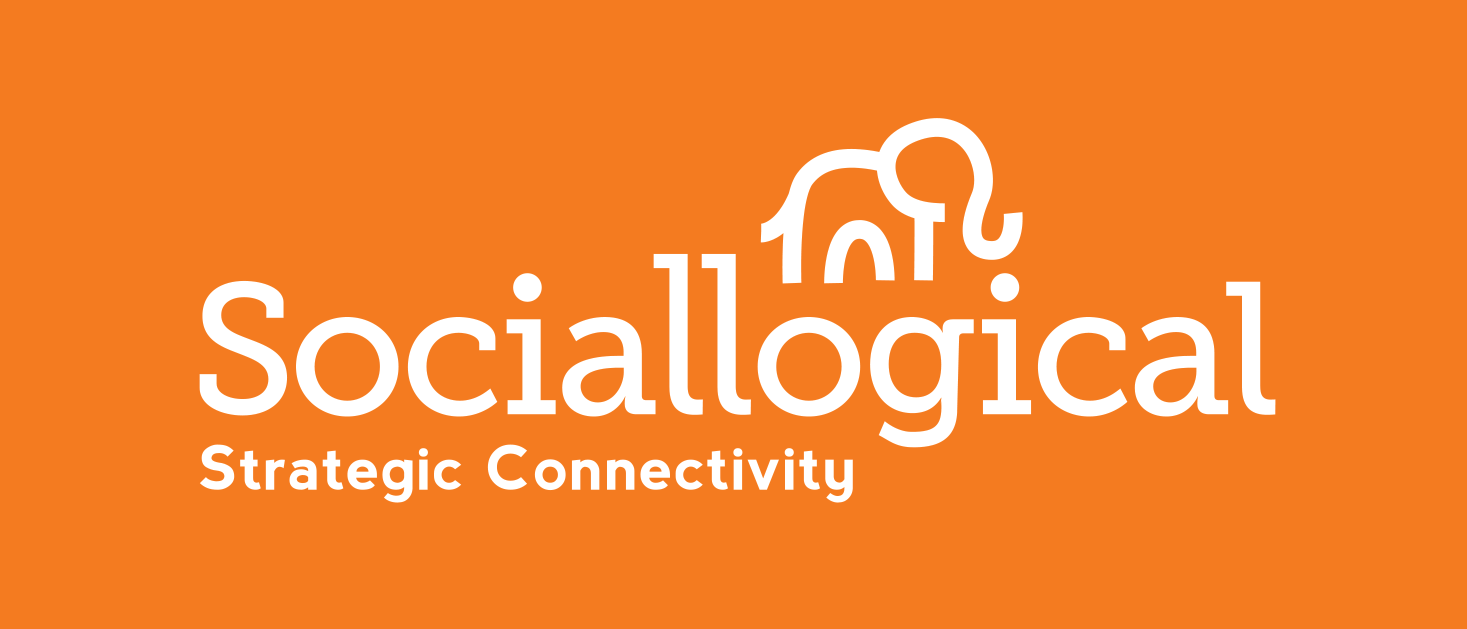Have you ever met someone at an event and thought ‘wow, he’s nothing like his online profile?’ It’s a first world situation, and it happens all the time. When someone is in front of us, their natural character emerges, pretty or not. Body language, tone of voice and how we regard our surroundings all sync to form an impression.
But, in 2012, there’s a good chance you’ll see someone’s online profile before you meet them under real life circumstances. Think about it. How many times have you tapped into Facebook to feed your curiosity upon meeting someone new?
There's something to be said about the digital first impression. We’re in the age of “creeping,” whether we admit to it or not. The impression we leave with people could be a blessing or a write-off. We may never know.
Psychologists explain first impressions as part of encoding in the brain. We make quick, exaggerated judgements based on parts of a whole. It's hard to fathom why initial encounters have a semi-permanent effect. "The First Impression," by Carlin Flora, former editor of Psychology Today, sheds light on the issue. Flora writes:
"...The brain takes first-impression Polaroids—creating a composite of all the signals given off by a new experience. Psychologists agree that snap judgments are a holistic phenomenon in which clues (mellifluous voice, Rolex watch, soggy handshake, hunched shoulders) hit us all at once and form an impression larger than their sum."
The dynamic changes when an initial glimpse into our personalities occurs online. We suddenly lose the ability to see or hear the person. All we have to base judgements on are profile pictures, brief summaries, the kinds of things a person shares and the way they interact with others through text.
We can't control the ways of the new world, and chances are, employers will search us to find out more about us. We should use this opportunity wisely, as we'll never know who may be watching or what they're thinking. Here are, in short, five fundamentals for personal branding:
1. Know yourself
Whenever I go to write a bio for myself I pause. At 23, I'm really still defining myself as a professional. I don't know who I'll be at 30, 40 and so on. But I do know where I want to go. This is important. When you a have a limited amount of characters to describe yourself (160 on Twitter,) you need to make the most of them. The more information you can pack into those is good: a lawyer who dabbles in photography and loves to cook, etc. You have to believe in yourself before anyone else will. We can trust a mother's word on that.
2. Be consistent
Something I read in Halligan and Shah's Inbound Marketing stuck with me. The authors' point out the importance of using your real name, first and last (if possible.) When we add numbers it gives the appearance of spam. If your full name isn't available, you can abbreviate in ways that look more professional; mentioning where you're from, for example. To take it further: using the same name across social channels makes us more accessible to our audience.
3. Keep it simple
Keeping in mind the "Polaroids" produced by the brain (that often stick) we have a small window of opportunity to either intrigue people or turn them off. In terms of simplicity, playing it safe is good. People who don't know us will assume things based on things like layout, what kind of photo we choose, and how we describe ourselves. A modest, professional profile picture is ideal. If it offers a touch of personality it's better.
4. Stay Positive
A post on Pick The Brain, a blog focused on personal productivity, gives some simple but useful tips on selling yourself. We're reminded that the company we keep is significant and how far a smile will take us.
Often, telling someone to smile will piss them off. When I'm in a yoga class and twisted into a pretzel, the instructor always says "remember to smile!" and I sometimes grind my teeth - but it makes a difference.
In The Rules of Work, an international bestseller, Templar writes:
"At first you don't have to believe it - just do it. Act it. Pretend. But do it. After a little while you'll find it isn't an act, you're not pretending, you genuinely do feel cheerful. It's a trick. You are tricking yourself, no one else. Putting on a smile triggers hormones. These hormones will make you feel better. Once you feel better, you will smile more, thus produce more hormones."
People are drawn to positivity; we want to hear from those who are happy, motivated and energetic. It's common to complain on social channels, because it's easy to take out our frustrations on a keyboard. We must actively remind ourselves why we can't fall into that pattern: it makes us feel worse, and turns people off.
5. Leave some to the imagination
There is such thing as an over-share, even on the internet. A woman who recently followed me on Twitter describes herself, in her bio, as "an overdrinker" and "a former party-hopping hussie." I wasn't inclined to follow her back, to say the least.
Respectively, we don't want to take ourselves too seriously. Social channels are a place to have fun. It's hard to describe in a cut and dry way, but we should really consult our "moral compass" before we tweet, update, or post. Imagine your grandmother at the other end of the (virtual) tunnel. As weird as that may sound, it has an instant "reality check" effect and we are reminded to use caution in what we share. Are you keeping your audience in mind before you hit send?

